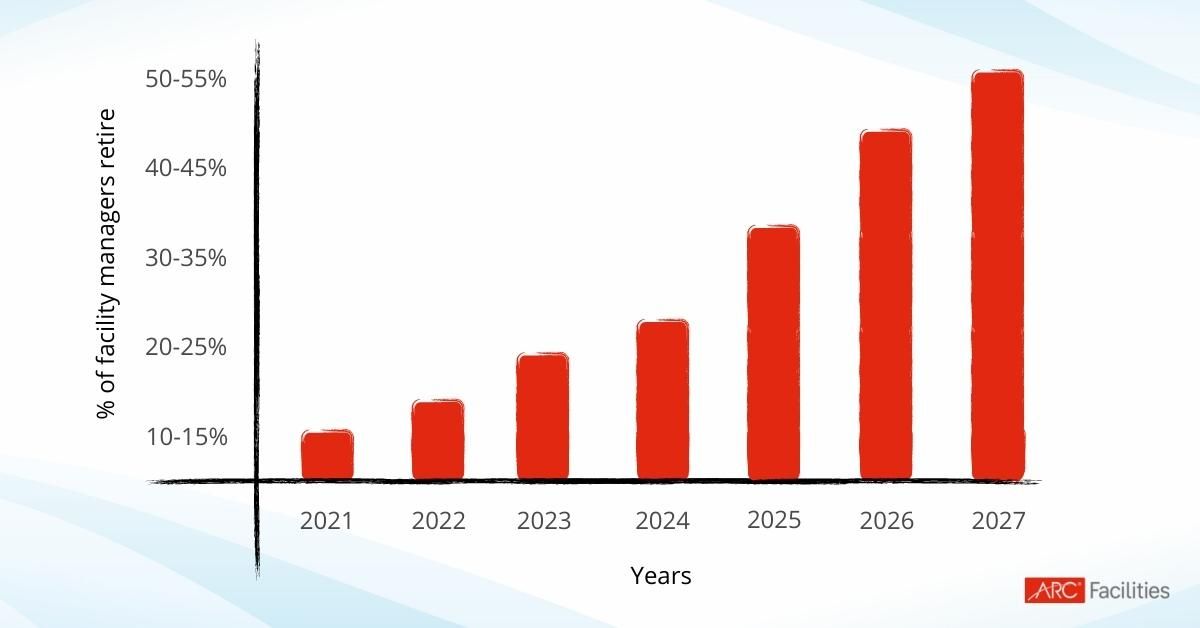
Digitizing Tribal Knowledge
Insights into Modern Facility Management with Suri Suriyakumar of ARC Facilities & Griffin Hamilton of Flow PathWe're living in an age where tribal knowledge is critical for the success of our businesses.
Ideally, there should be a seamless flow of knowledge, updated regularly, which you can use to do your job.
But that's not always the case...especially in the facilities industry.
Where's the "book" that tells you who to talk to about a problem at your facility, where to find the building drawings, and when the fire extinguishers need to be inspected, re-evaluated, or replaced?
It's hard for our minds to deal with the past, the present and the future when we're constantly putting out fires and regrouping to catch up.
Those sorts of questions aren't typically asked by newcomers because newcomers are still trying to get the lay of the land, figure out relationships, and understand the daily rhythm of the day.
One of the challenges of knowledge collection is that it's an active process. You never 100% have it down or mastered. You're always amassing it, evaluating it, thinking of new questions, and pondering better ways to do things at work. Meanwhile, decisions need to be made.
Facilities, whether they're college campuses, meat packing plants, hospitals or casinos are complicated, they're spread out, and they're historic and new at the same time.
The idea of digitizing tribal knowledge was addressed during a recent podcast conducted by Griffin Hamilton from Flow Path and Suri Suriyakumar, CEO, ARC Facilities with a focus on buildings that have been around for years and will be around for years to come.
Hamilton is great at revealing stories, strategies, and insights into modern-day facilities management, from hospitality to commercial real estate and everything in between.
For facilities teams, the big challenge is where does the tribal knowledge reside? Is it in a folder, a manual, on Bob's computer? Where's the facility's "encyclopedia"? Is it up to date? The problem with paper is that it's not interactive, it can't be updated quickly, and it's fragile.
Plus, keeping information stored on the paper is a practice that's been around for hundreds of years. Suriyakumar proposes reconsidering this practice because technology makes information sharing and extracting business intelligence fast and simple. It seems like it would be natural to have everything digital in that transition to our buildings.
"Building last forever," said Suriyakumar. "And building information, drawings, documents, and specifications, continue to be used in maintaining and operating the building. Unfortunately, much of this information is still on paper or stuck on some desktop. In fact, 80% of the building owners in the United States still own building information in some form of paper."
Industry experts estimate that within the next 5-7 years, almost 50% of facility managers are going to be at retirement age, which presents a risky situation where all that tribal knowledge is going to be lost.

Old Buildings/Old Information
While buildings last 10, 15 years, or 50 years, there's a lot of historical information, which has been collected in the building, whether due to renovations, retrofits, or change orders through all the changes the building goes through.
As buildings age and evolve, their purpose may change, too, from a hospital to a hotel. It's vital to capture that facility information, but it's not always fully captured during transitions.
Today, there are technologies that will allow us to capture facility knowledge and be able to transfer that to somebody within seconds.
"You can use tools like artificial intelligence and machine learning to build a platform, which will facilitate that knowledge transfer," explained Suriyakumar.
The Future
It is certainly an exciting time in the facilities industry with how frequently people are adopting new technologies to help maintain both new and older buildings.
But there are several problems that are impacting the industry's ability to keep buildings up and running smoothly, including resignations and retirements.
With technology, we can solve information flow bottlenecks, keep newcomers engaged and excited about maintaining our buildings, and ensure that our historic buildings adapt to changing uses and evolving occupant needs.
Download: 8 Stories of Digital Transformation
Want to know more about issues that affect the daily lives of facility managers such as tribal knowledge and how best practices on how to deal with these issues. We’d love to invite you to follow us on Linkedin and share your insights about facilities management best practices.
